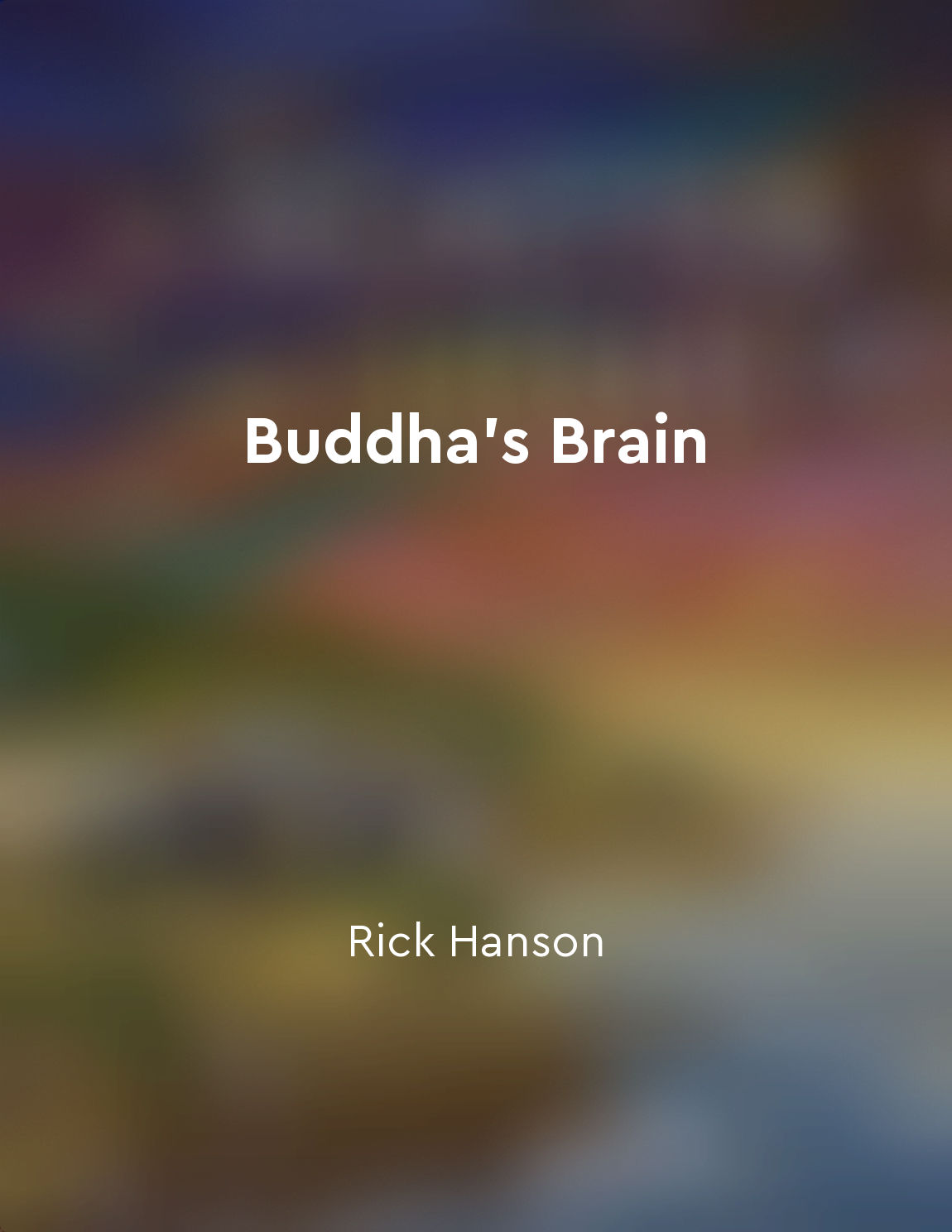The concept of impermanence is central to Buddhism from "summary" of The Buddha and His Dhamma by Br Ambedkar
The Buddha taught that everything in this world is impermanent. He emphasized the fleeting nature of life, highlighting how all things are subject to change and decay. This fundamental concept of impermanence lies at the heart of Buddhism, guiding its followers to accept the transitory nature of existence. By recognizing impermanence, one learns to let go of attachments and expectations. This leads to a deeper understanding of the true nature of reality, freeing oneself from suffering and discontentment. The impermanence of all things serves as a reminder to live in the present moment, appreciating the beauty of life as it unfolds. Through the practice of mindfulness, individuals can cultivate a sense of peace and equanimity in the face of life's ups and downs. By accepting impermanence, one can find refuge in the knowledge that change is inevitable and that holding on to things only leads to pain and sorrow. The concept of impermanence also extends to the self, as the Buddha taught that there is no permanent, unchanging essence within us. This understanding challenges the notion of a fixed identity, encouraging followers to see themselves as constantly evolving beings.- The concept of impermanence in Buddhism serves as a guiding principle for living a more harmonious and fulfilling life. By embracing change and letting go of attachments, individuals can find liberation from suffering and experience true peace and contentment.
Similar Posts

Practice compassion and kindness
In our fast-paced world, it can be easy to get caught up in our own desires and concerns, forgetting about the needs of others....
Nurturing relationships with others enhances happiness
Developing and maintaining deep, meaningful connections with others is a fundamental aspect of human happiness. When we engage ...
Live authentically and in alignment with your true self
To live authentically means to be true to yourself, to be who you truly are without trying to be someone else. It means not pre...

Approach adversity with courage and resilience
When faced with challenges and hardships, it is essential to confront them with steadfastness and perseverance. Adversity is an...
Embracing imperfection leads to selfacceptance and self-love
The Buddha teaches us that imperfection is a fundamental part of our human experience. We are all flawed in some way, and that ...

Cultivating virtues like humility, compassion, and forgiveness is essential
The Bhagavad Gita emphasizes the importance of cultivating virtues such as humility, compassion, and forgiveness in our lives. ...
Practice kindness and generosity towards others
The practice of kindness and generosity towards others is a fundamental teaching in Buddhism. It is not just about being nice o...
The path to enlightenment involves selfdiscovery and inner peace
The journey to enlightenment is not an external quest; it is an inner exploration. This path requires looking within oneself, d...
Enlightenment is achievable through mindfulness
The idea that enlightenment is achievable through mindfulness is central to Buddhism. Mindfulness involves paying attention to ...


